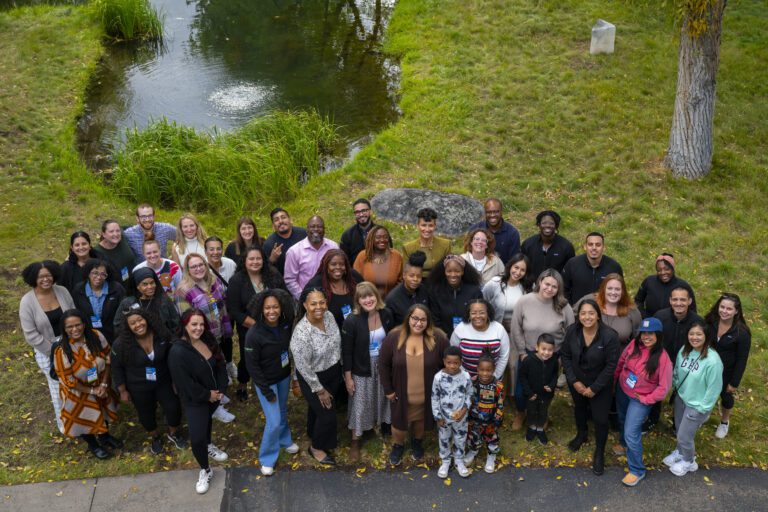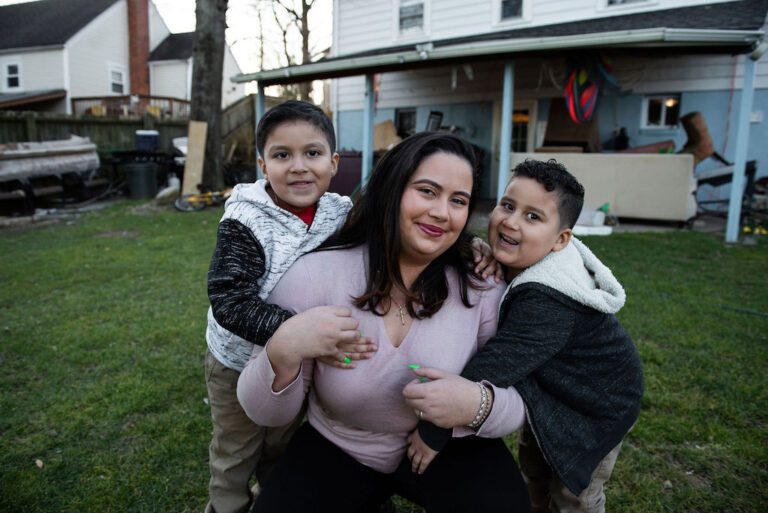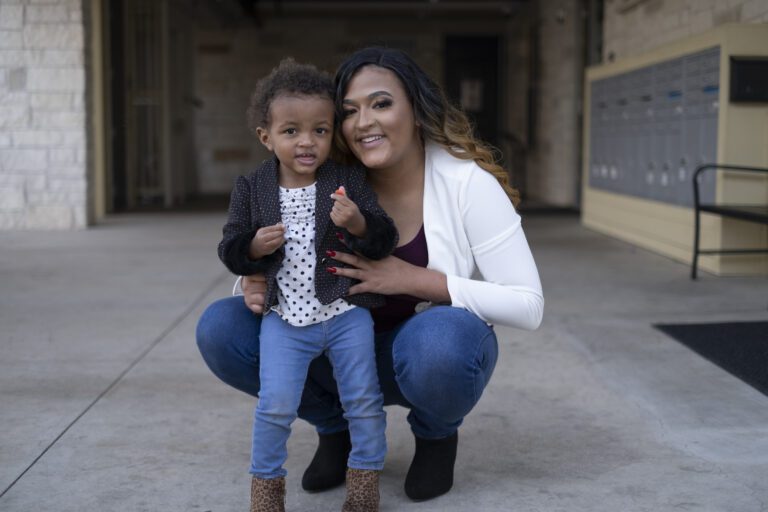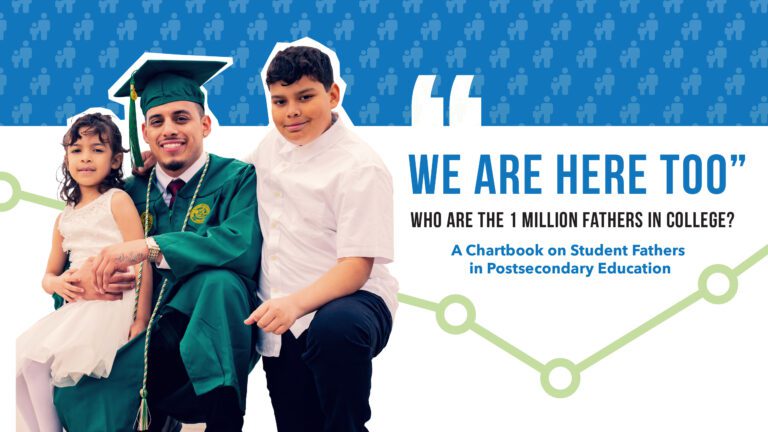Centering Child Well-Being in Child Support Policy
Each August during Child Support Awareness Month, we uplift the importance of ensuring that the income support program serving 1 in 5 children in the US is working for families. Now more than ever, elevated inflation and economic uncertainty make strong and equitable child support policy imperative for the well-being of families who experience the child support system.
We know that there is a better way to approach child support policy to build strong families and communities — and that’s why we’re proud to share with you our updated Centering Child Well-Being in Child Support Policy toolkit. Developed in Partnership with Good+Foundation, this policy toolkit features new analysis, recommendations, and models based on state child support director survey data. The survey found that many states are moving to adopt more pragmatic and family-centered child support policies, including the following innovations:
- Ensuring Families Receive All Child Support Payments
- Implementing Sensible Debt Reduction Strategies
- Setting Realistic and Accurate Child Support Orders
- Providing Employment and Income Supports When Noncustodial Parents Have Barriers to Payment
- Supporting Healthy Co-Parenting
- Providing Equal Access to Justice
Across the country, states, counties, and Tribes have embraced the research and are modernizing their child support programs through holistic, family-centered policies and practices that build partnerships with parents instead of adversarial relationships. They go beyond collecting money to address underlying reasons for nonpayment, ensure that children benefit from payments, and facilitate effective co-parenting.
Family-centered child support policies put children where they belong: at the center of child support policymaking.
In June, Commissioner Tanguler Gray announced that the federal agency which oversees the national child support program would be renamed from the Office of Child Support Enforcement to the Office of Child Support Services (OCSS) to underscore the program’s commitment to serve and support whole families. OCSS supports states and Tribes by funding family-centered services like employment programs, fatherhood initiatives, demonstration grants, and reentry partnerships.
Learn more about what states are doing to adopt more pragmatic and family-centered child support policies in the Centering Child Well-Being in Child Support Policy toolkit.
Related Posts















